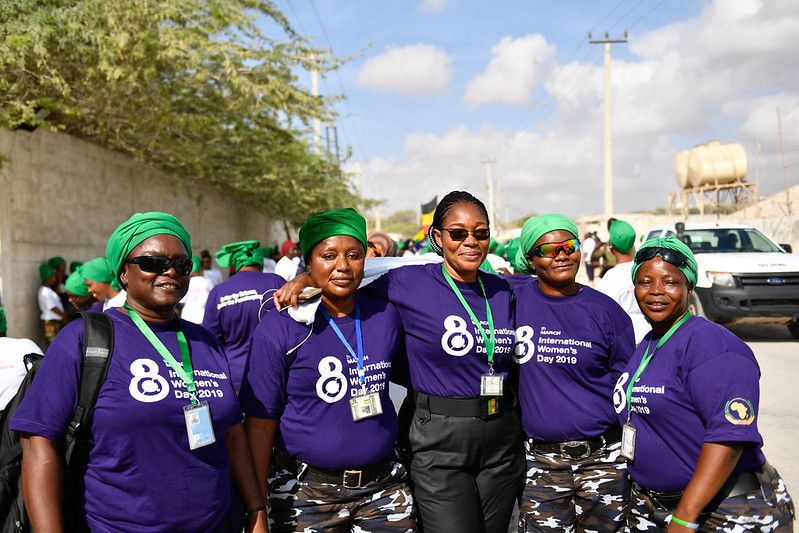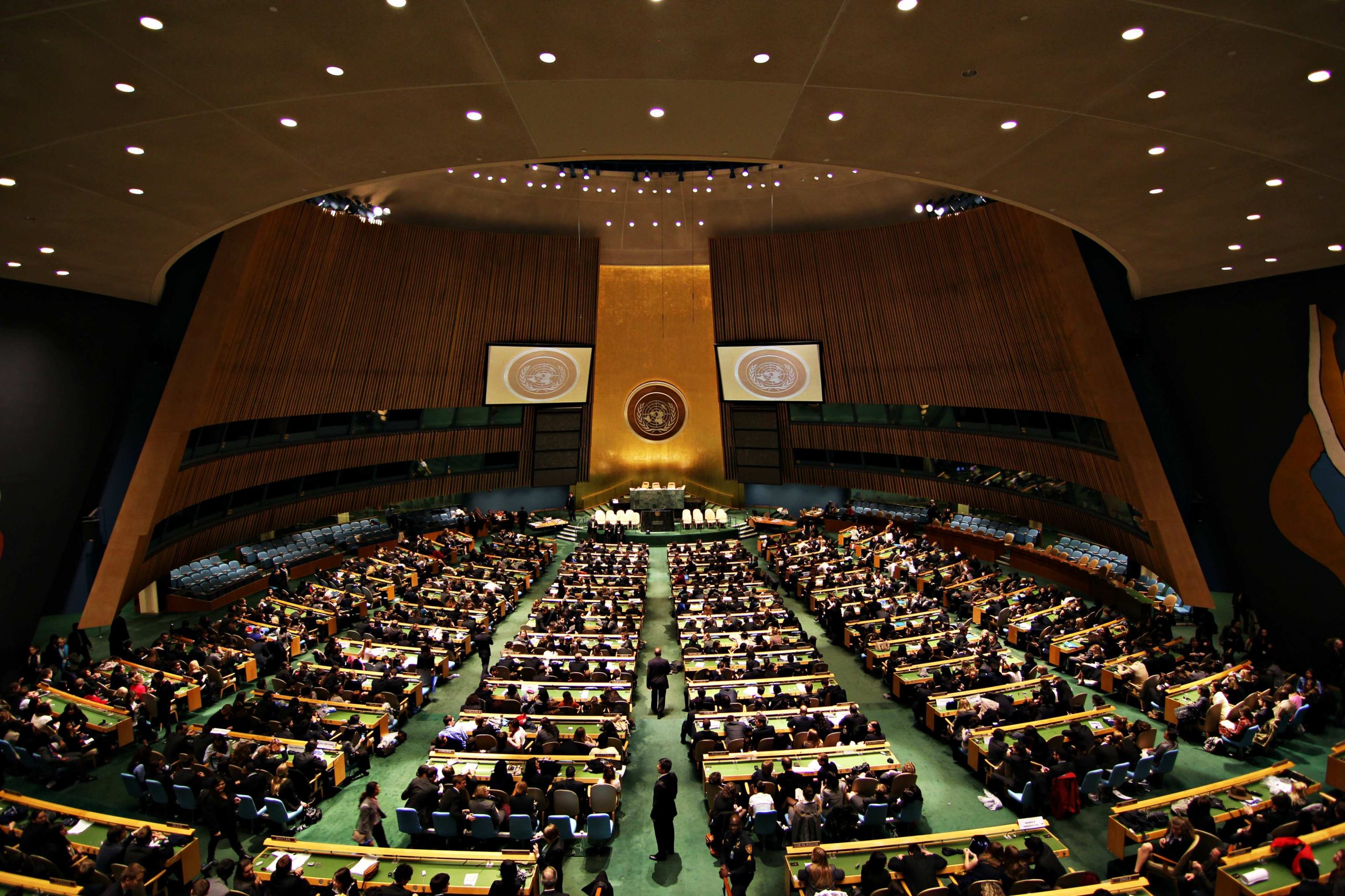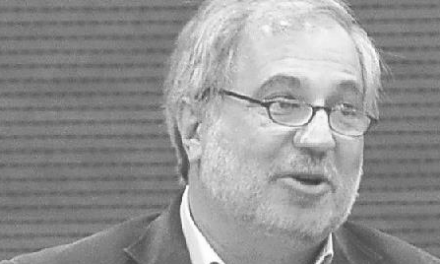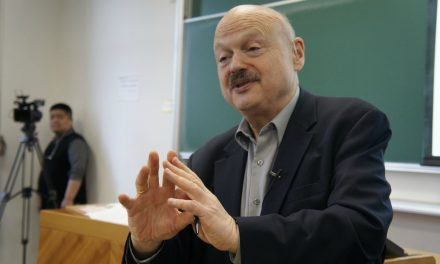Fotini Bellou is Assistant Professor at the Department of International and European Studies of the University of Macedonia, Thessaloniki. Her areas of interest include transatlantic relations, european security, conflict resolution, and strategic communication, while a significant part of her research has focused over the last years on the Women, Peace and Security (WPS) Agenda; she is currently Director of the UNESCO Chair on Women, Peace and Security at the University of Macedonia. Greek News Agenda* had the opportunity to interview Fotini Bellou on the current state of the discipline of International Relations, gender roles in security studies, as well as the new challenges for Greek Public Diplomacy.
Your recent work has been focusing on the complex intertwinement of gender, diplomacy and peace efforts. As UNESCO Chair on Women, Peace and Security, what would you consider to be the most important achievements in this field over the last years?
The policy agenda of Women, Peace and Security (WPS) was initially formed through the United Nations Security Council Resolution (UNSCR)1325 approximately twenty years ago. The first decade was not particularly brilliant as regards the degree of public awareness, or the level of institutional adjustment from international organizations and national governments, despite its substantive enhancement at the time with the addition of a number of Security Council Resolutions.
During the second decade, however, the WPS policy agenda became incorporated as a filter in international practice and started focusing on protecting women during conflict, encouraging women’s participation in peacebuilding and conflict prevention but also fostering participatory governance through equal rights for women and men in most international organizations. I would consider two important developments to have taken place in recent years that could be seen as instrumental achievements for the promotion of the WPS policy agenda.
The first regards the institutional Action Plans on WPS or respective strategies that all major international organizations have officially adopted in recent years. These aim at projecting the WPS particular policy framework for action not only towards their internal structures but also towards their multilateral policies that also involve the governmental policies of their member states. This by no means entails an established “doctrine” for all governments and societies to follow. Effective implementation is still pending. However, I consider it entails a strong political weight which governments and political leaders are finding difficult to reject publicly these days. After all we are referring to the promotion of the fundamental human right of equality between women and men. In my opinion, sometimes small concrete institutional steps towards emancipatory democracy can prove to be more sustainable and thus difficult to challenge.
This leads to the second important achievement that has taken place in recent years. It regards the inclusion of the WPS provision in all UNSCRs related to peacekeeping operations. This means that as long as the “WPS perspective” is found at the strategic level of a peacekeeping operation, its provisions are more likely to be monitored and implemented. In other words, nowadays you can hardly find a peacekeeping or peacebuilding multinational operation without a gender advisor. Ten years ago only 2 percent of women served as heads or deputy heads of peacekeeping operations while today this indicator in peacekeeping leadership has increased into 25%. As regards female personnel in peacekeeping ops, women cover 30 percent of civilian personnel, 10 percent of police personnel and only 3 percent of military personnel. These numbers indicate that progress has taken place but we still have a long way to go before we could see more equal numbers of women and men and always in response to effectiveness in peacekeeping operations. Women’s participation in peacekeeping can be instrumental at a certain point, especially when they address conflict related gender based violence while their role is considered important in building participatory societies. At the same time women peacekeepers often function as role models in the regions they operate by galvanizing the conception of equality in society and governance.

What is the particular standing and potential contribution of Greece in the field of gender equality in the larger region of South-Eastern Europe and the Mediterranean?

Europe has recently exited a rather long economic crisis only to face new external political and humanitarian challenges. What is the role of public diplomacy in addressing these challenges?
Nowadays, public diplomacy entails several instruments and policy mechanisms through which wider audiences can be engaged in order address various common challenges. The European Union is known for the slow paces with which it promotes its public diplomacy. The role of public diplomacy is not only to inform external audiences and the EU public about the way in which the EU addresses its challenges. It involves also the implementation of certain policies that render EU citizens and third audiences beneficiaries of these policies. Public Diplomacy is effective when it can produce observable results and thus generate a positive impact on peoples’ minds. These days, the image of the EU regarding its responsiveness in addressing contemporary political or humanitarian challenges does not seem to be commensurate with its budgetary expenses on these issues. This means that its public diplomacy suffers from certain distortions and misconceptions. For example, the fact that most of the EU public does not know that the EU is globally the greatest donor as regards developmental assistance is indicative of the EU’s weakness as regards its Public Diplomacy. This is only a small example indicating the need for a reevaluation of its public diplomacy in order to bring effects to peoples’ hearts and minds within and outside the EU.
On a stricter academic note, the last decades have seen various theoretical approaches to public diplomacy in International Relations, ranging from constructivism or liberal idealism to realism. Would you say that academic trends have shifted throughout this period?
Over the last years, Public Diplomacy has evolved into a key component of states’ strategy. For this reason, a growing number of governments have incorporated major initiatives related to Public Diplomacy into their national security grand strategies. As regards the theoretical approaches to International Relations, one could safely advocate that traditional approaches have been enhanced with new theoretical approaches. Whether we like it or not, Realism is always pertinent and at time prevails in international actors’ behaviour. This applies to both state and non-state actors. However, since International Relations has evolved into a discipline trying to explain and understand a particularly composite, multiple and highly interactive international environment, it would have been a mistake not to embrace other approaches as well in order to clarify certain aspects of international phenomena. In my opinion, a previous euphoria observed almost a decade ago about the alleged prevalence of other theoretical approaches at the expense of realism is gradually vanishing. The reason is that at a time of major systemic changes and power shifts within the international system and amongst great powers, the majority of states struggle for more power and a more established position in the forthcoming new era. In this context, states’ struggle for survival and prevalence is what we do observe. This is pure Realism. We also observe other policy frameworks that have taken place, more noble, more cooperative, more inclusive. These appear as a form of narrative building process that calibrates a power game, which is played between states and even non state actors these days. I wish it was otherwise, but this is how international politics function these days. Even public diplomacy is being used by a number of states today in a very “realist” fashion. Asia is an area of particular interest in this regard.
What is the particular added value of public diplomacy and its synergy potential with other input factors in the overall foreign policy framework?
Public Diplomacy serves a state’s foreign policy as well as its national brand. Public Diplomacy has received a wider interpretation in recent years. It employs a particularly wide range of activities, including policy mechanisms and methods as to generate a very positive and influential narrative in other people’s perceptions and beliefs about a state’s international standing. Communication technologies can be of particular importance in accelerating this construction. Yet, favourable narratives can have a major influential impact on hearts and minds abroad. This can be produced by effective public diplomacy as long as it results from a sober coordination between narrative building and effective policies implemented on the ground. Otherwise, public diplomacy becomes a waste of resources. Frequently, a certain strategic conjuncture can offer opportunities and fertile space for targeted policies related to public diplomacy. For example, a number of EU governments use the months of their presidency in order to accelerate through public diplomacy a certain issue pertaining to their own national interests.
What do you see to be particular opportunities for Greek public diplomacy in the foreseeable future?
Given the improved national profile that Greece currently enjoys after having managed the Covid-19 crisis with a comparative effective fashion, Athens can certainly demonstrate other small success stories especially those related to issues that unite rather than divide nations and governments. Public diplomacy initiatives in the area of human rights, gender equality, the promotion of good governance, conflict prevention and cultural awareness constitute governmental resources that can be effectively allocated in the short to mid-term perspective. Areas where they can be implemented include both Southeastern Europe as well as the MENA region, especially countries with which Athens has already accelerated other forms of cooperation. Promoting capacity building towards weak regional states or states under post-conflict reconstruction can be considered as another necessity related to Greek Public Diplomacy, which needs a serious rejuvenation. Covid-19 has demonstrated that strong policy coordination in the implementation of clear cut objectives produces effective policy results when effective leadership makes things happen. It is also time for Athens to exercise effective transformative leadership in the area of its Public Diplomacy.
*Interview by Dimitris Gkintidis.
TAGS: FOREIGN AFFAIRS | HUMAN RIGHTS | INTERNATIONAL RELATIONS | RESEARCH | WOMEN & GENDER














